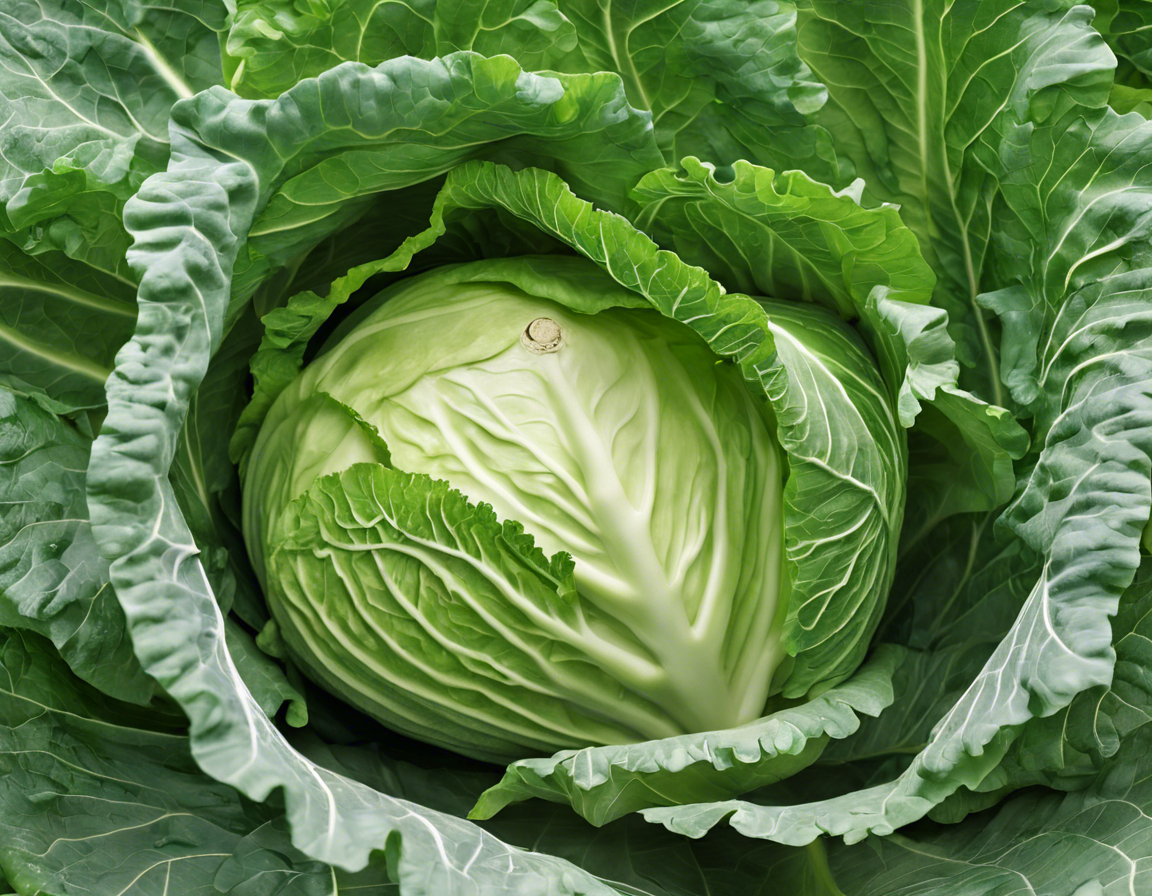Fermented Foods: Explore the World of Happy Cabbage and Its Numerous Health Benefits
Fermented foods have been a part of human diet and culture for thousands of years. From kimchi in Korea to sauerkraut in Germany, fermented foods are enjoyed worldwide for their unique flavors and health benefits. One particular fermented delight that has been gaining popularity in recent years is Happy Cabbage, a term coined to encompass various fermented cabbage-based dishes like sauerkraut and kimchi.
What is Fermentation?
At its core, fermentation is a metabolic process that converts carbohydrates like sugars into alcohol or organic acids using microorganisms such as bacteria or yeast. In the case of Happy Cabbage, cabbage is combined with salt and left to ferment, usually for a few days to several weeks, allowing the growth of beneficial bacteria like Lactobacillus.
Probiotics in Fermented Foods
One of the key reasons why fermented foods are so beneficial is that they are rich in probiotics. These are live microorganisms that provide health benefits when consumed in adequate amounts. Probiotics play a crucial role in maintaining the balance of gut flora, aiding digestion, and supporting the immune system.
Key Health Benefits of Consuming Happy Cabbage
-
Improved Digestion: The probiotics present in Happy Cabbage can aid in better digestion and nutrient absorption. They can also help alleviate symptoms of digestive disorders like irritable bowel syndrome (IBS).
-
Enhanced Immunity: A large portion of our immune system resides in the gut. By promoting a healthy gut flora, fermented foods like Happy Cabbage can help boost immunity and reduce the risk of infections.
-
Better Mood and Mental Health: There is a strong connection between the gut and the brain, often referred to as the gut-brain axis. Consuming fermented foods may help improve mental health conditions like anxiety and depression.
-
Increased Nutrient Absorption: Fermentation can break down nutrients in food, making them easier for the body to absorb. This can be especially beneficial for individuals with compromised digestive systems.
-
Weight Management: Some studies suggest that the consumption of fermented foods may aid in weight loss and weight management by promoting a diverse gut microbiome.
How to Incorporate Happy Cabbage into Your Diet
-
Add it to Salads: Happy Cabbage can add a tangy crunch to your salads while providing a dose of probiotics.
-
Top Your Sandwiches: Use Happy Cabbage as a flavorful topping for sandwiches and wraps instead of traditional pickles.
-
Serve as a Side Dish: Enjoy Happy Cabbage as a side dish with grilled meats or fish to balance out the flavors of your meal.
-
Blend into Smoothies: For a unique twist, try blending Happy Cabbage into your morning smoothies for a probiotic boost.
Commonly Asked Questions About Happy Cabbage and Fermented Foods
1. Are there any risks associated with consuming fermented foods like Happy Cabbage?
While fermented foods are generally safe for most people, individuals with compromised immune systems should exercise caution as there is a risk of harmful bacteria growth in improperly fermented foods.
2. Can I make Happy Cabbage at home?
Yes, making Happy Cabbage at home is relatively simple. All you need is cabbage, salt, and a bit of patience. There are numerous recipes available online to guide you through the process.
3. How long does Happy Cabbage last in the refrigerator?
Properly fermented Happy Cabbage can last for several months when stored in the refrigerator. Make sure to use clean utensils when serving to prevent contamination.
4. Are there any variations of Happy Cabbage besides sauerkraut and kimchi?
Yes, there are countless variations of fermented cabbage dishes around the world. Some examples include curtido from Latin America and tsukemono from Japan.
5. Can I consume too much Happy Cabbage?
While fermented foods are beneficial in moderation, consuming excessive amounts may lead to digestive issues like bloating or gas due to the high probiotic content.
In conclusion, Happy Cabbage and other fermented foods are not only delicious additions to your meals but also offer a wide array of health benefits. By incorporating these probiotic-rich foods into your diet, you can support your gut health, boost your immunity, and improve your overall well-being. So next time you’re looking to liven up your plate, consider adding some Happy Cabbage for a flavorful and nutritious twist.
